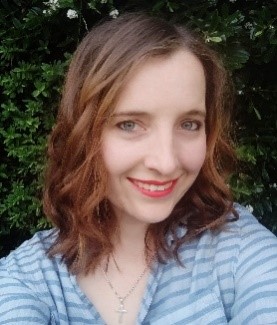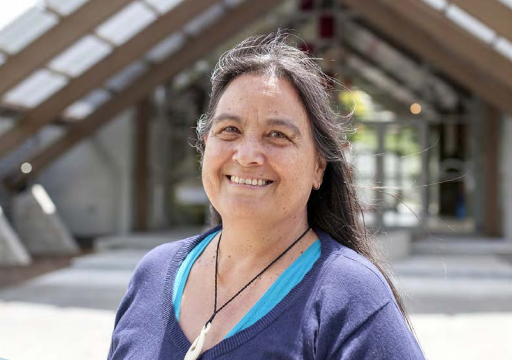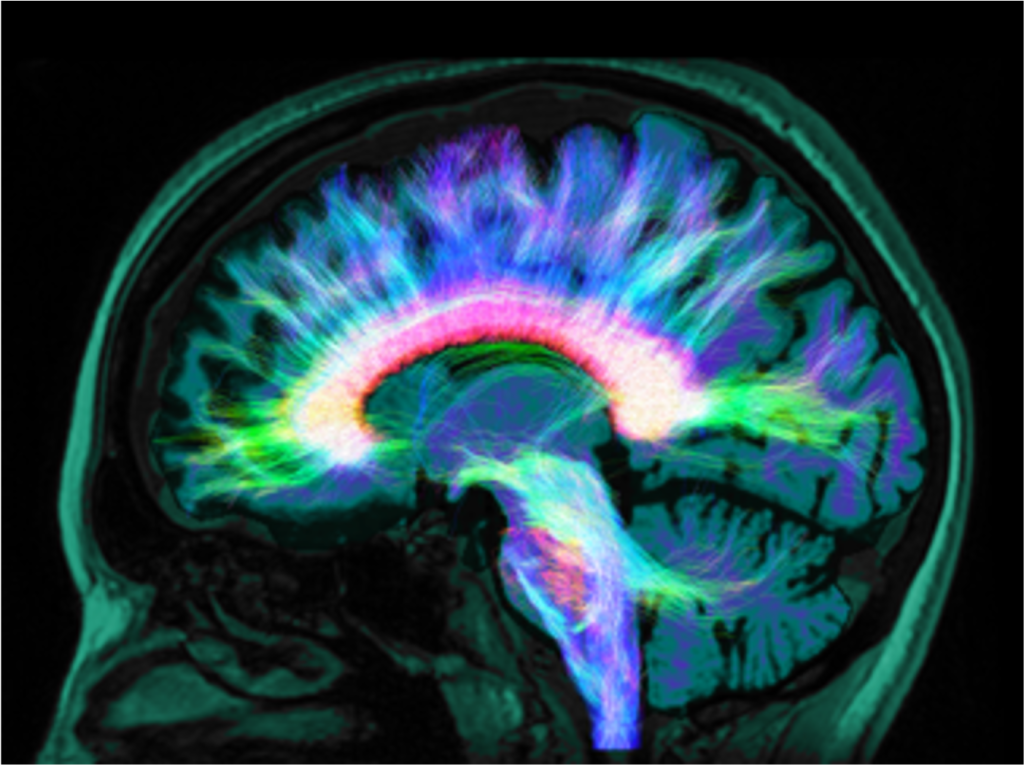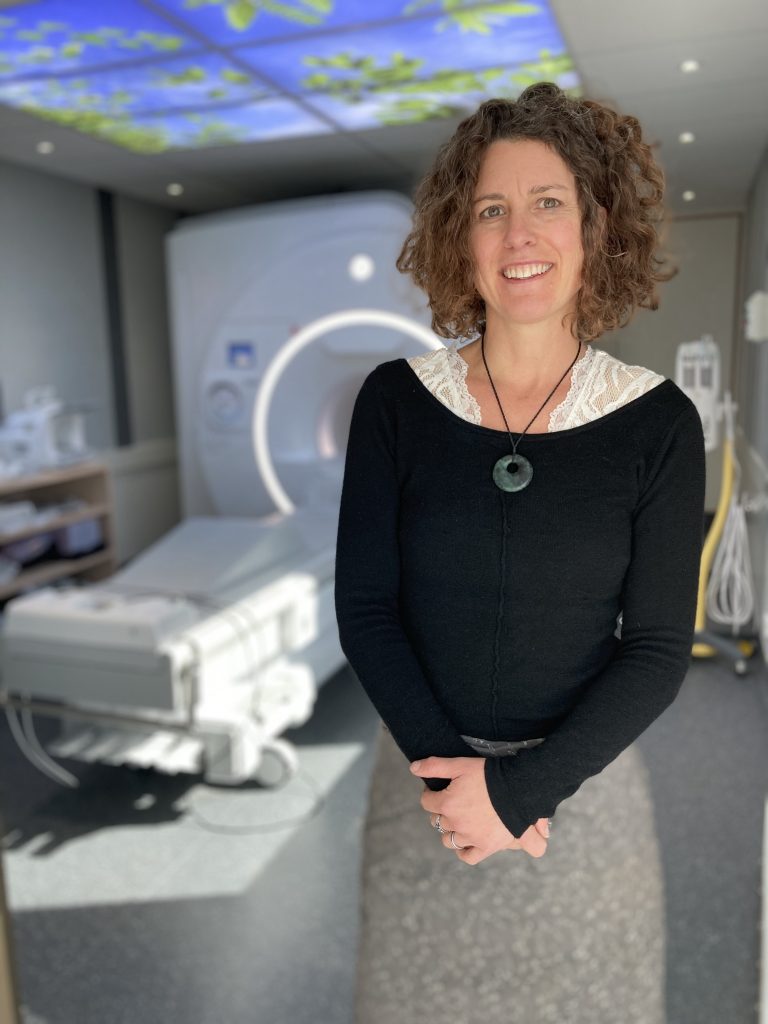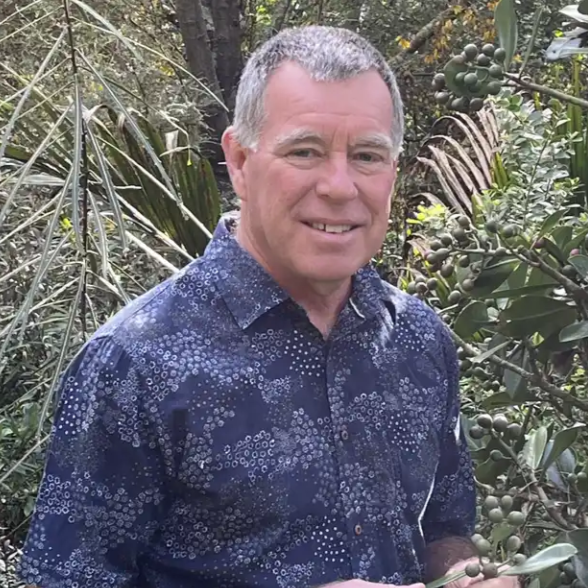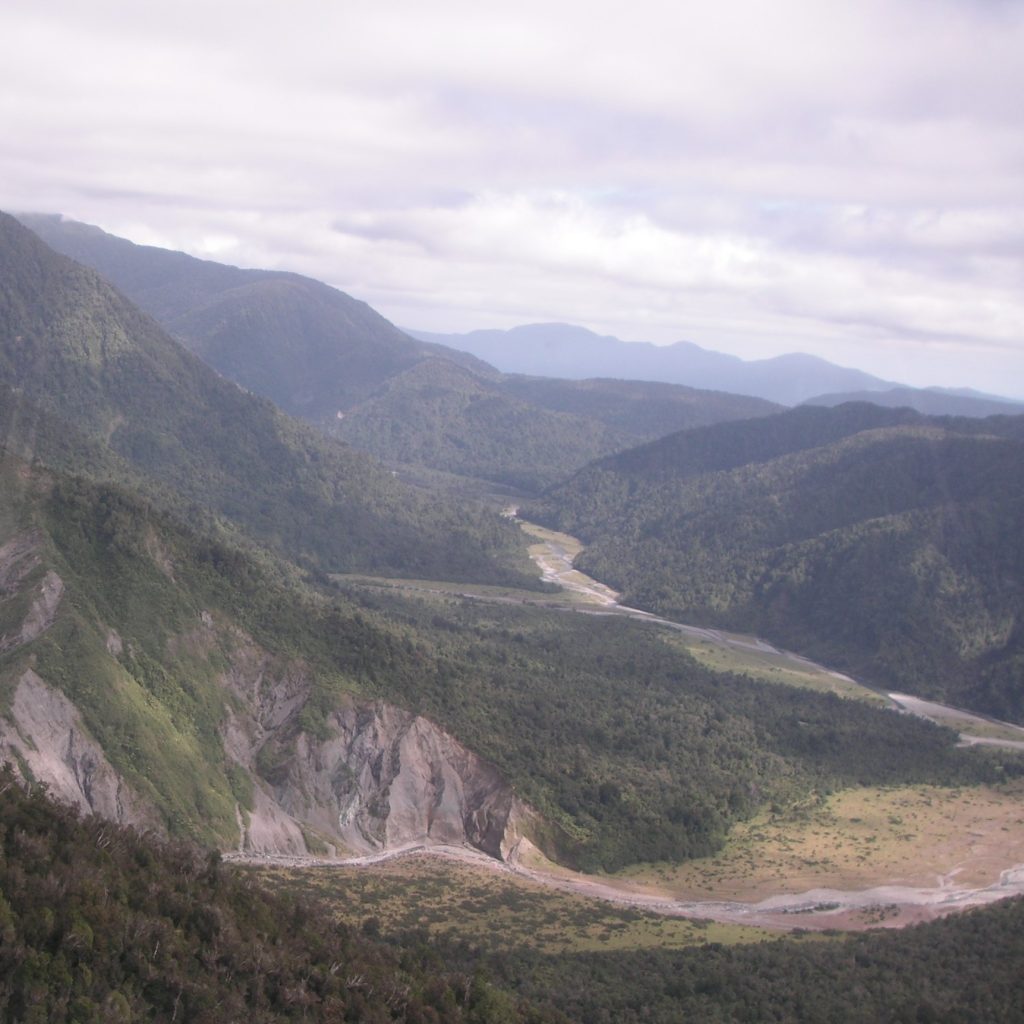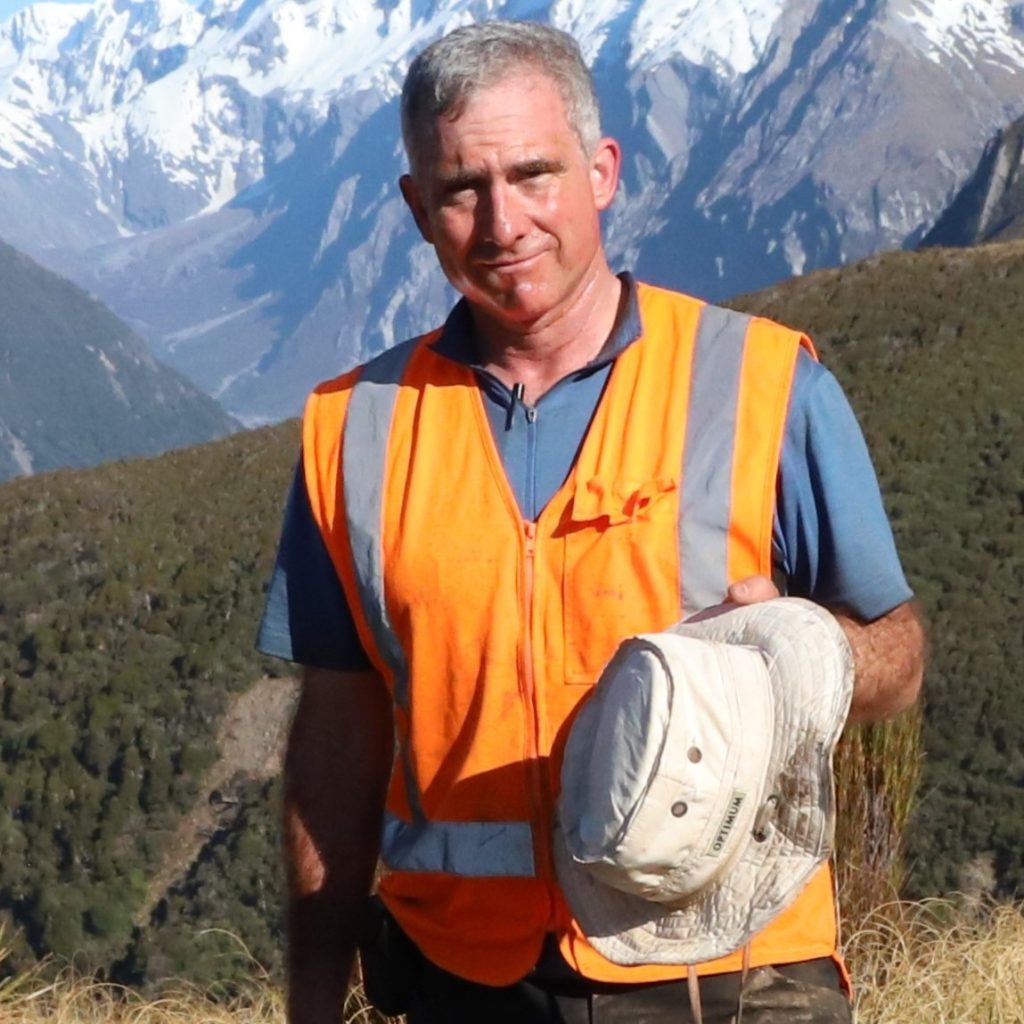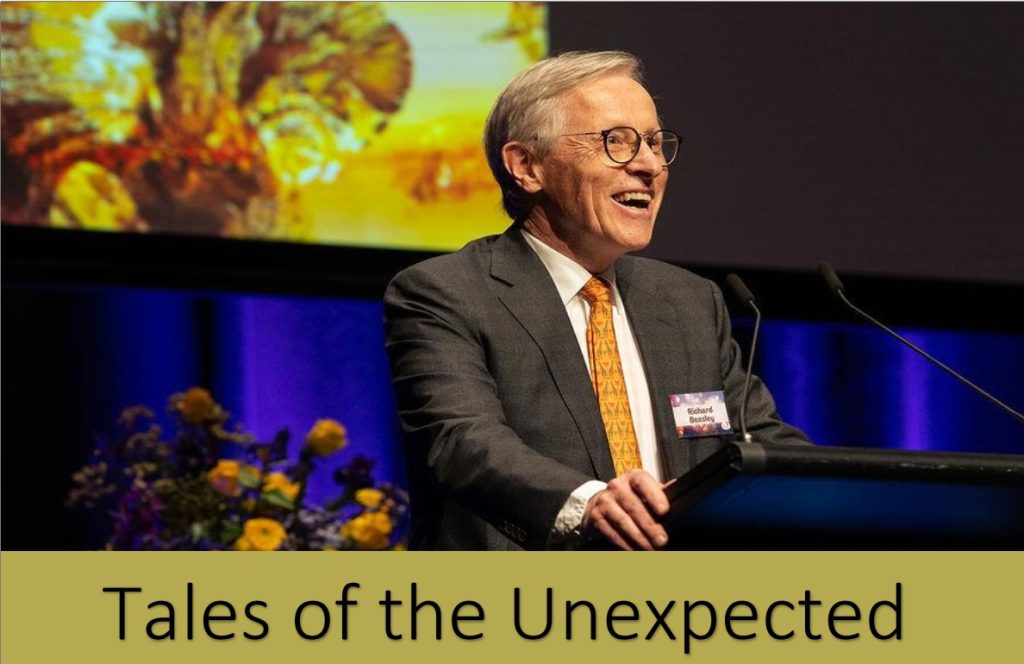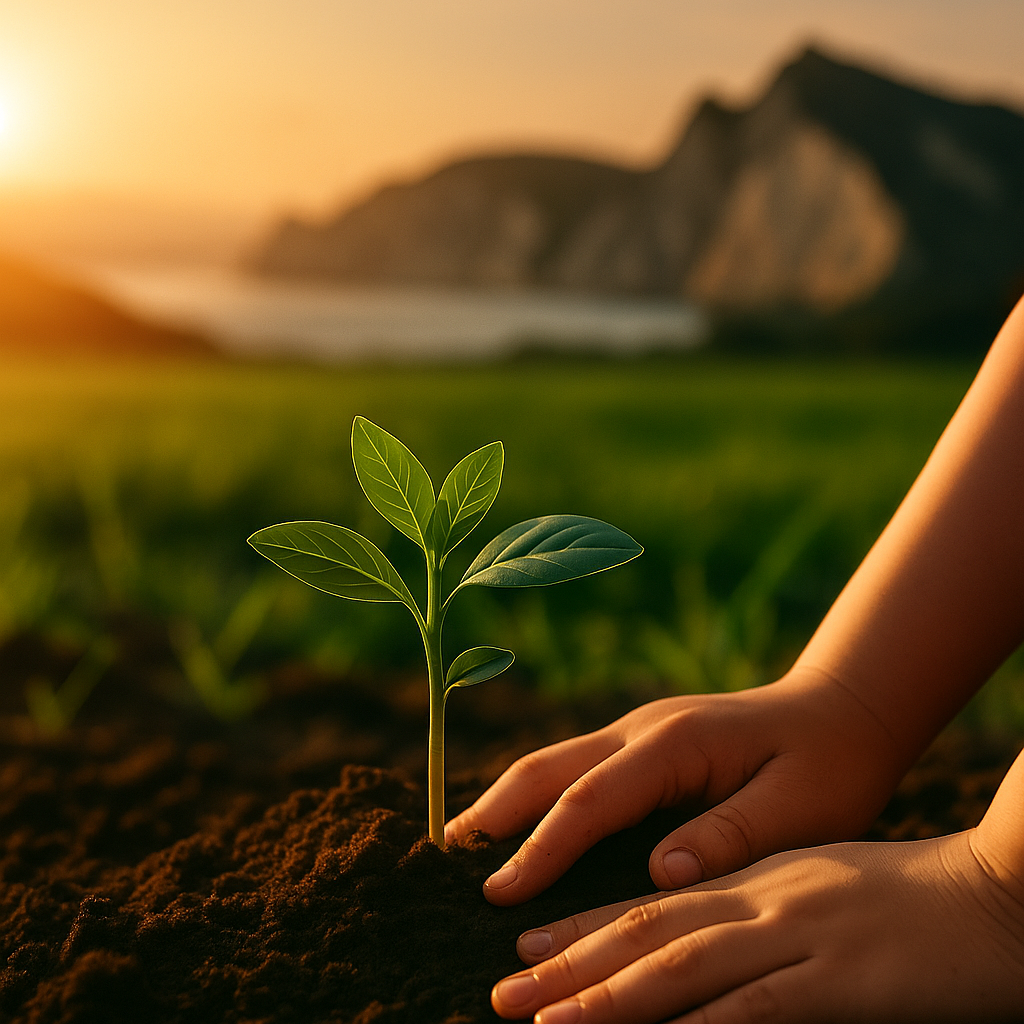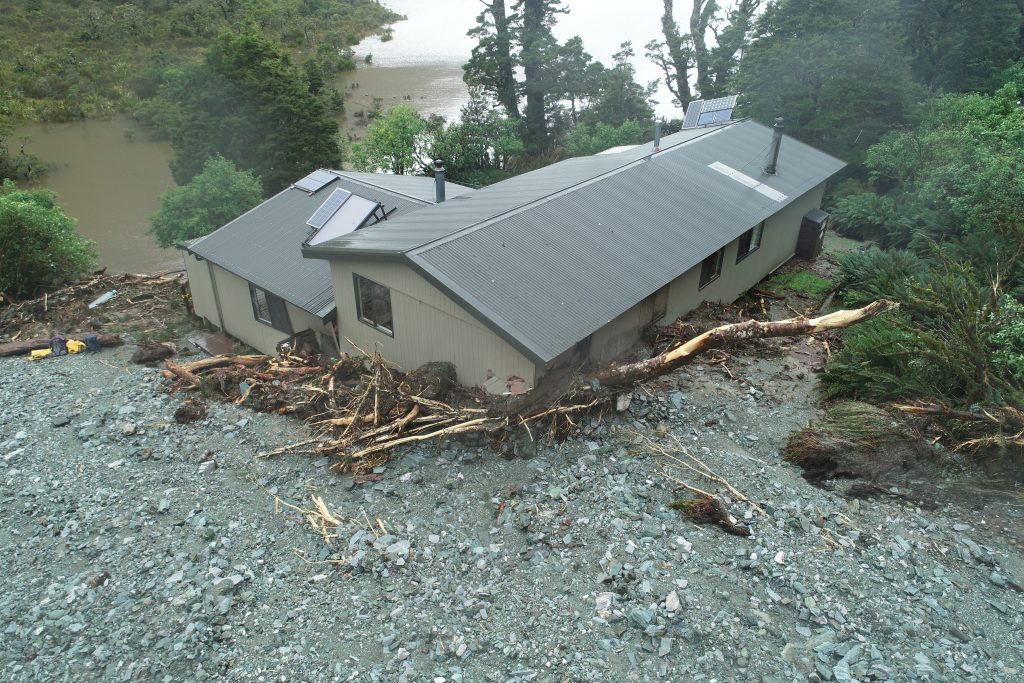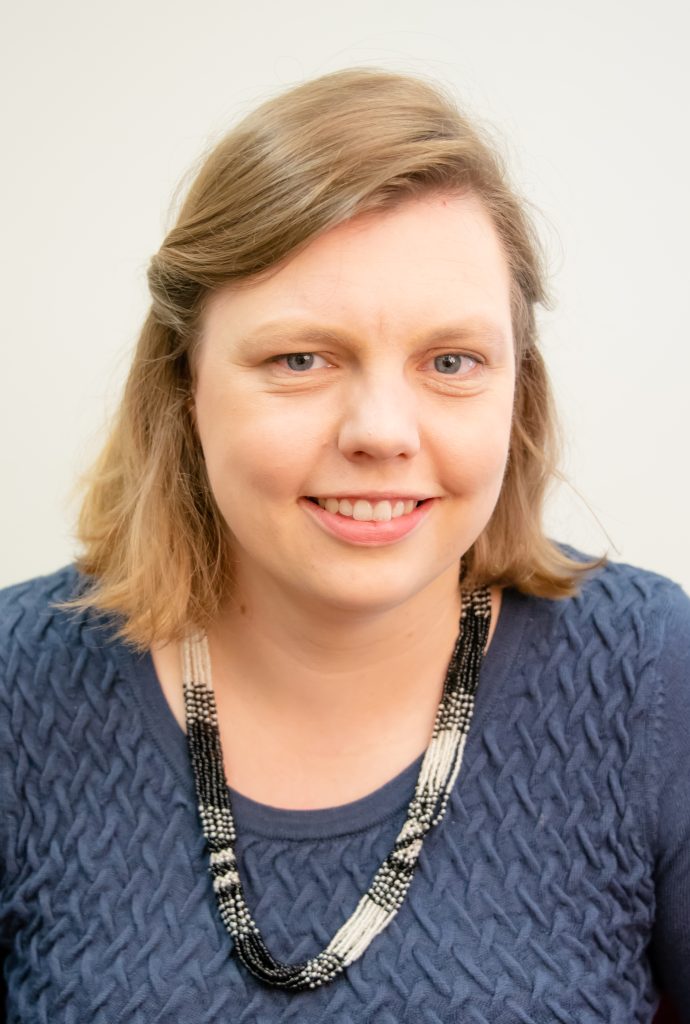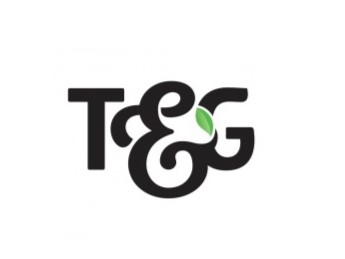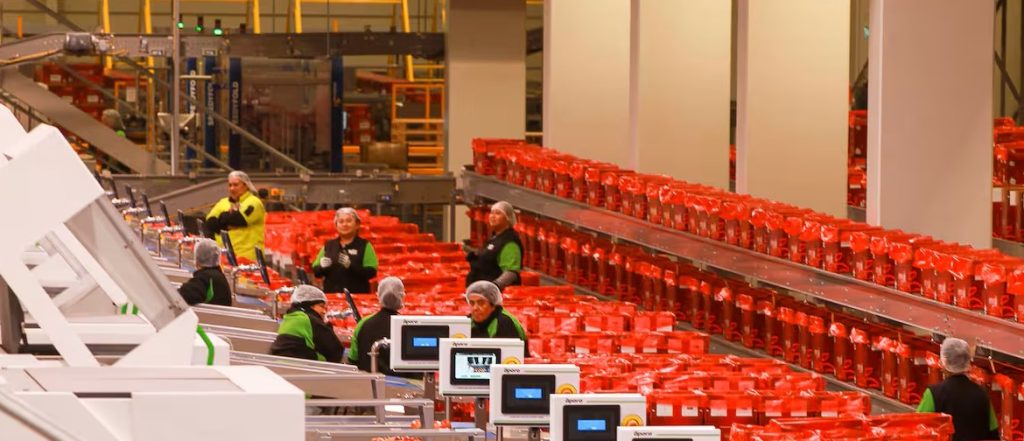Date: Tuesday, 17 February 2026
Time: 5.30 pm (doors open at 5.00 pm)
Speaker: Dr Rob Langridge, Earth Sciences NZ
Venue: Art Deco Trust, 5 Clive Square East, Napier
Capacity: 70 – first come first served
Admission: Gold coin donation
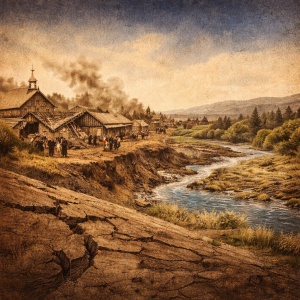
As we commemorate the 1931 Hawke’s Bay earthquake, this talk turns our attention to another major — and much less well-known — event in our region’s past. The February 23rd, 1863 Waipukurau Earthquake was described by some who experienced both events as being just as violent and damaging as 1931.
Felt across much of Aotearoa New Zealand, the 1863 earthquake caused widespread damage in Napier and central Hawke’s Bay, and may have been as large as magnitude 7.5. Despite this, it remains poorly documented. This lecture presents new research reconstructing its felt intensity across New Zealand, examining impacts on buildings and the natural landscape — including the diversion of the Waipawa River — and recent efforts to identify the source faults east of Waipukurau–Pukehou.

Rob Langridge is an Earthquake Geologist with Earth Sciences NZ, specialising in active faulting, surface rupture, and the earthquake history of Aotearoa New Zealand. His work focuses on understanding past large earthquakes to better inform present-day seismic risk.


